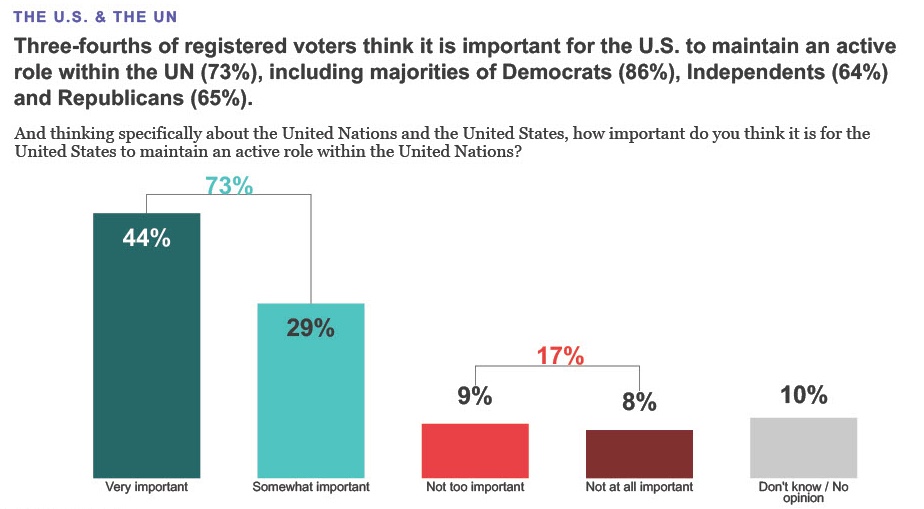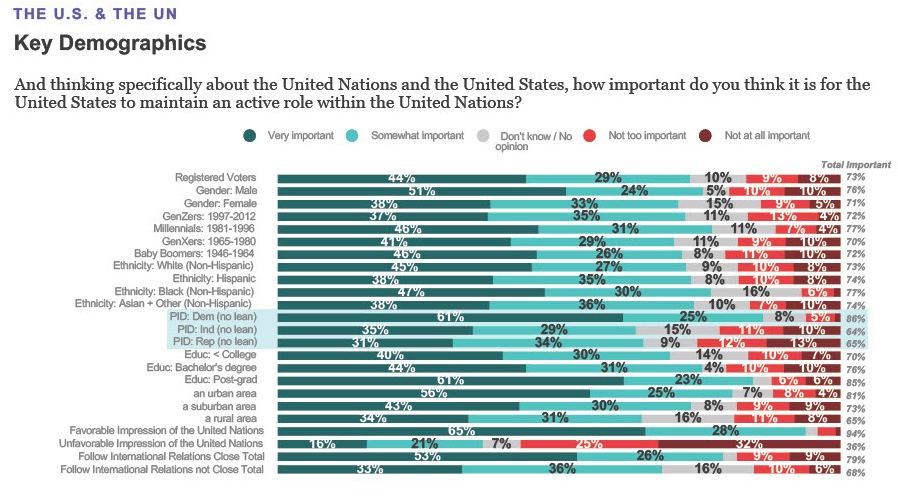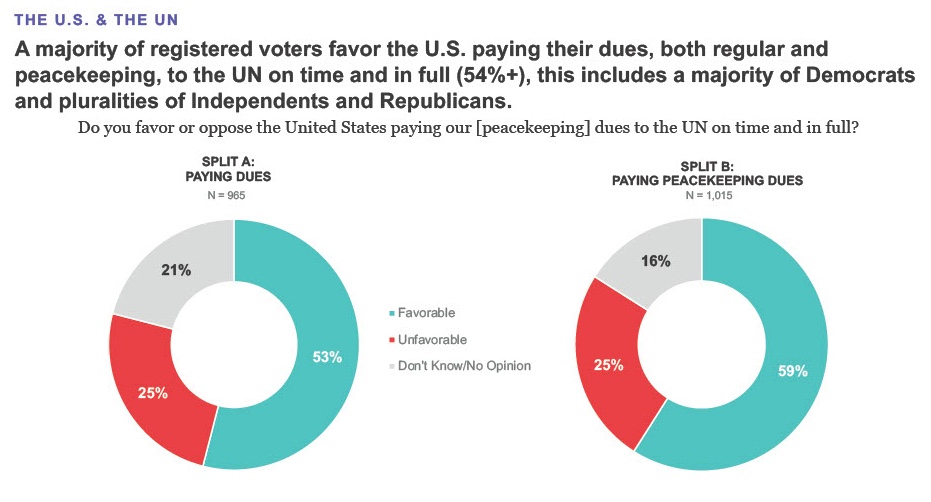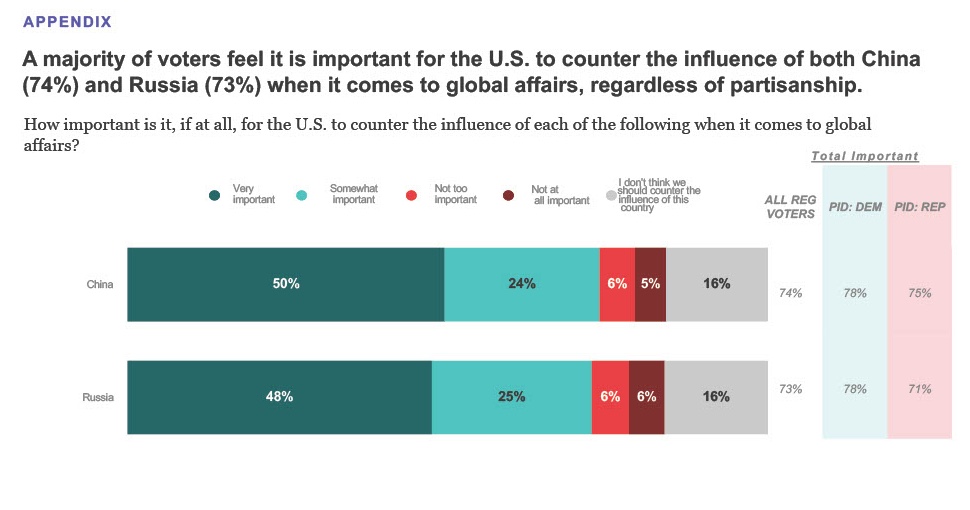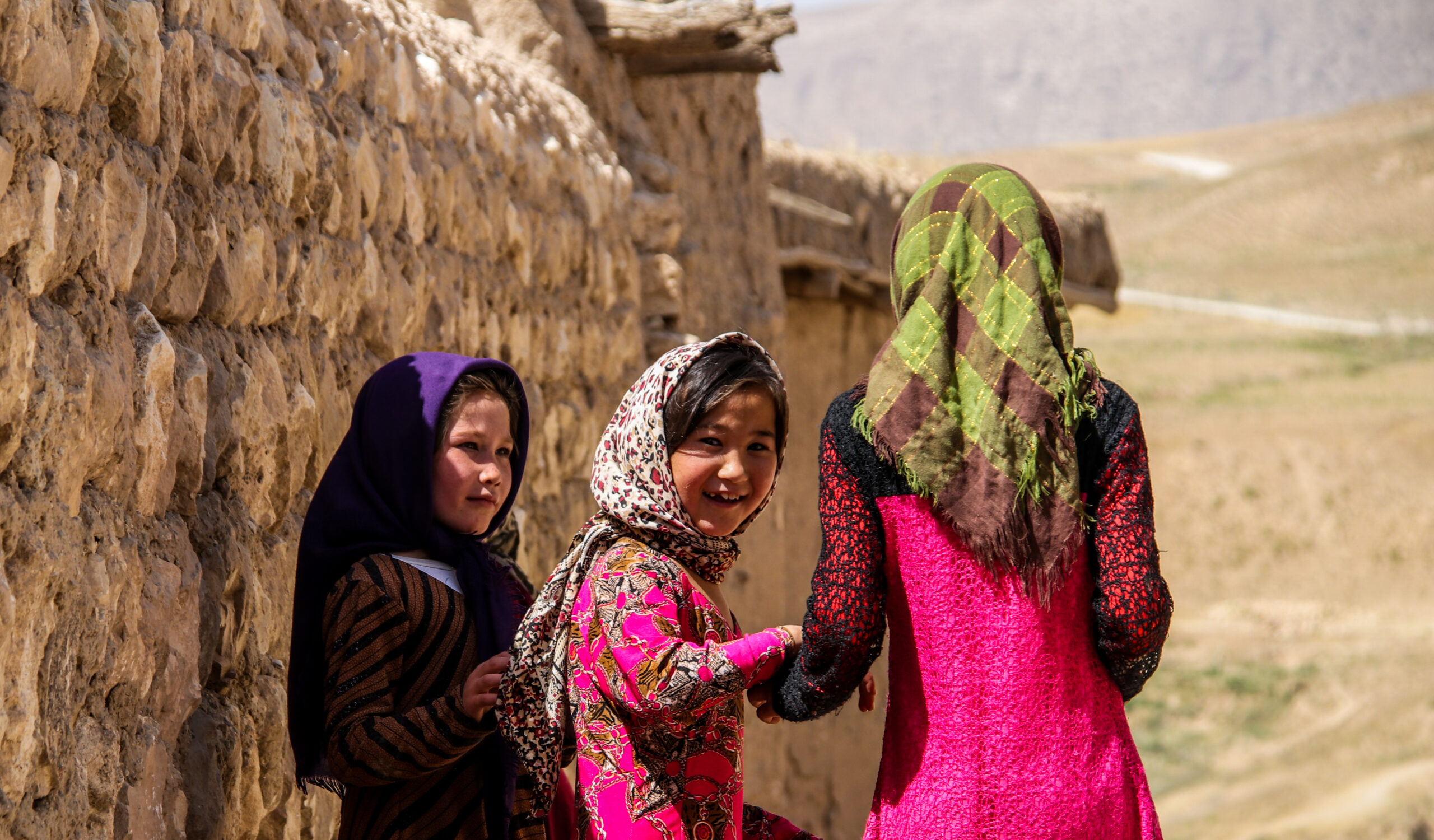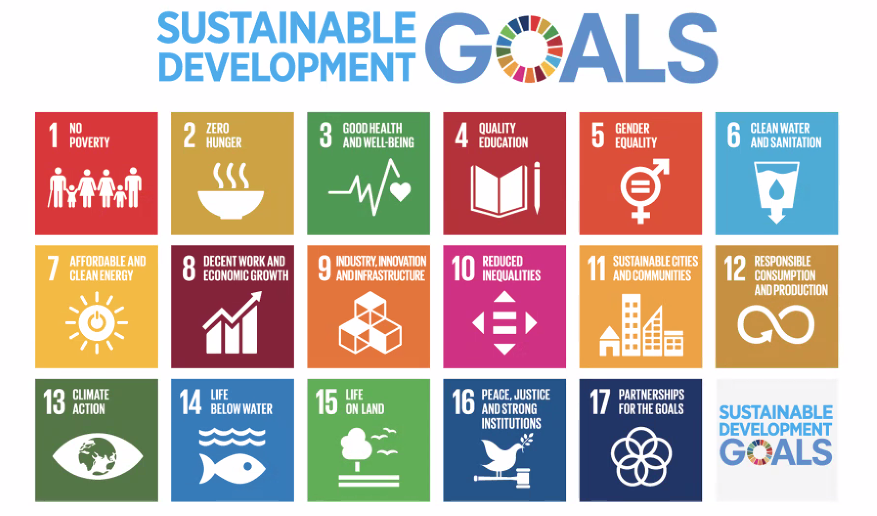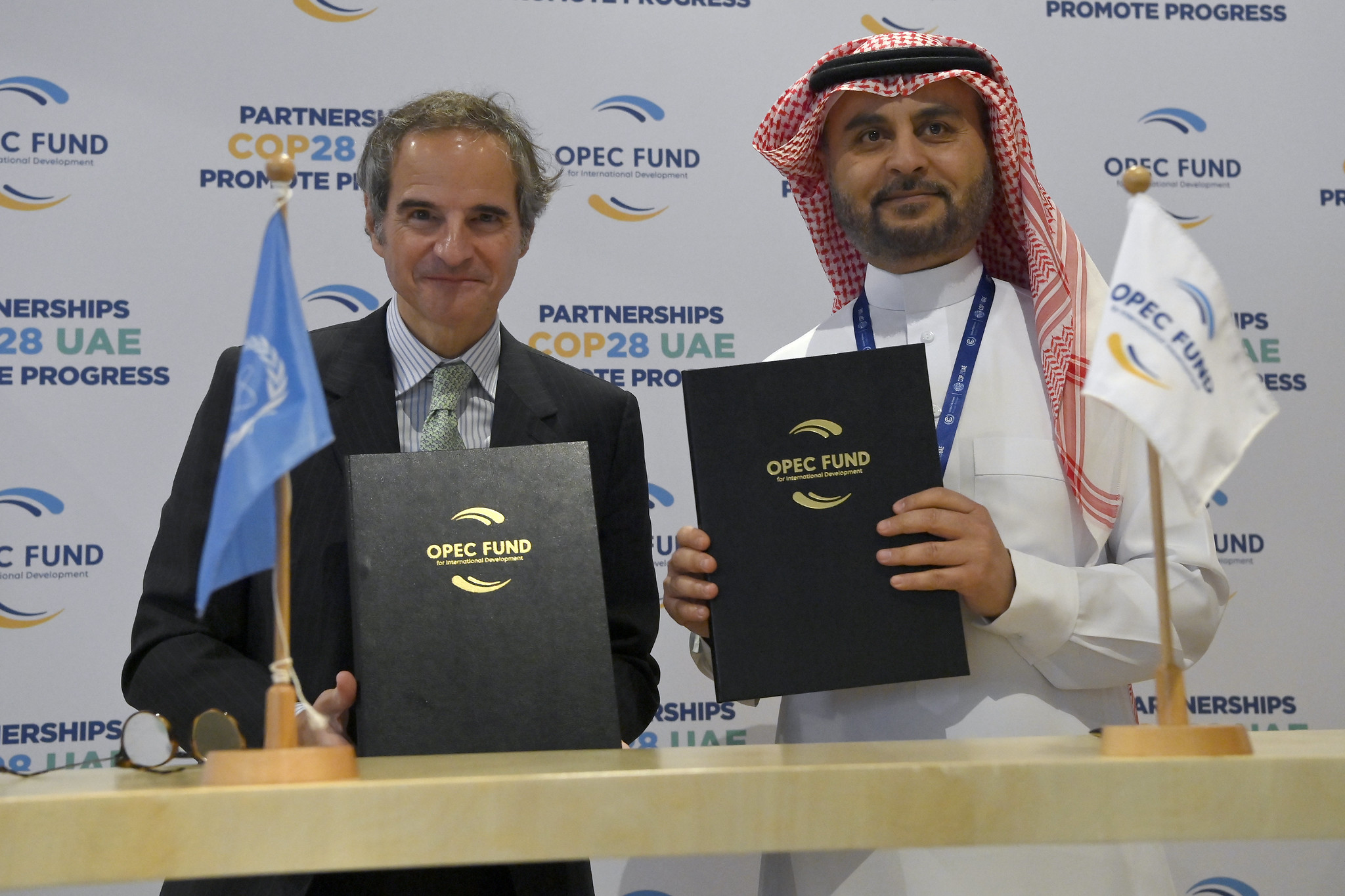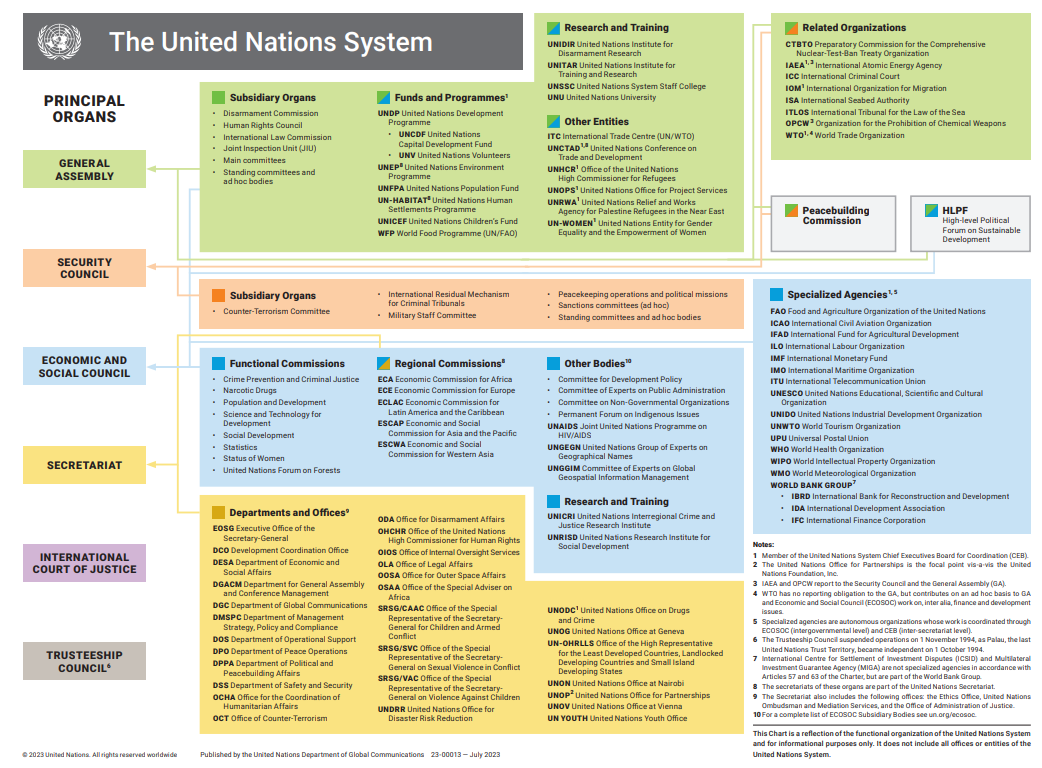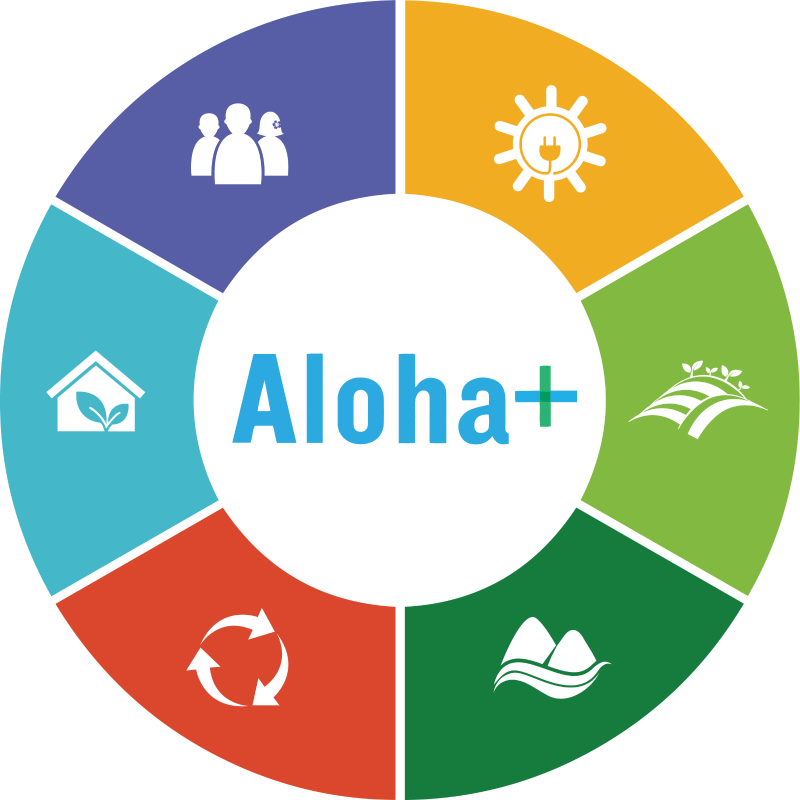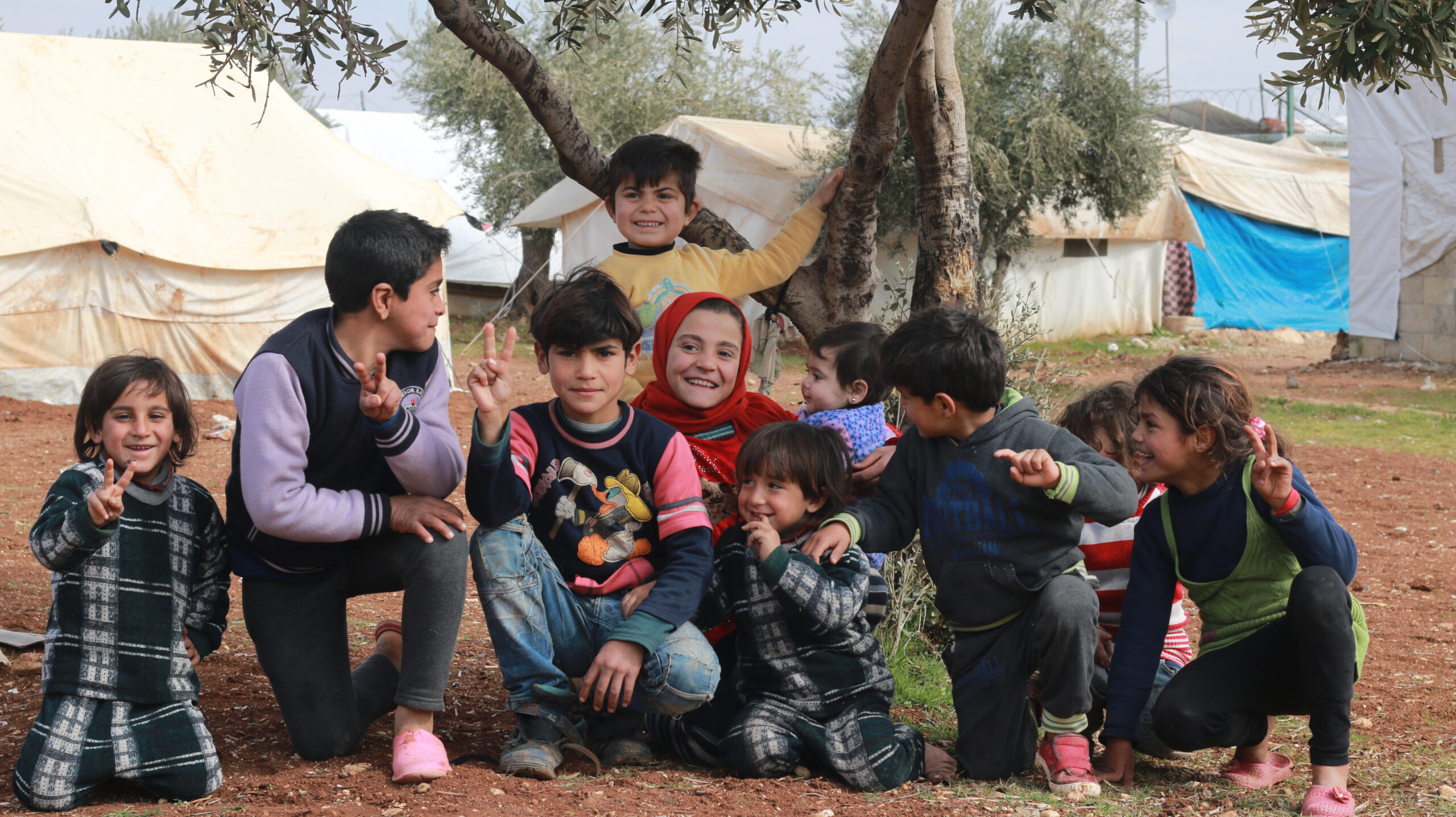Introduction
Each year, the Better World Campaign and the United Nations Association of the USA publish a comprehensive guide to America’s leadership on the world’s biggest stage, equipping supporters, policymakers and inquiring minds with insights to understand the value of U.S. engagement in the United Nations.
Here’s what we hope to achieve:
